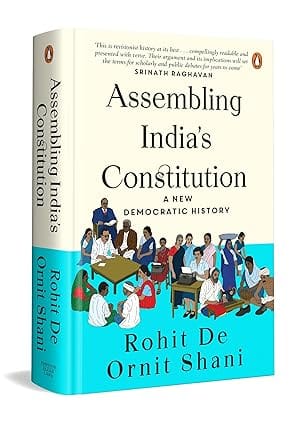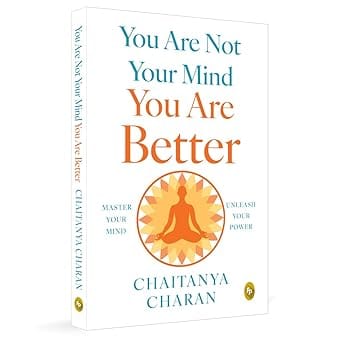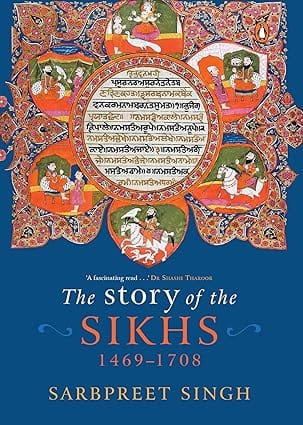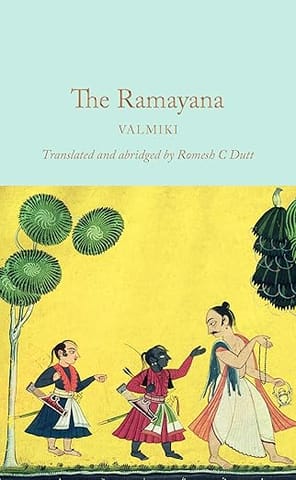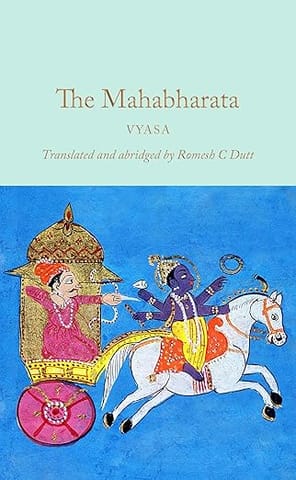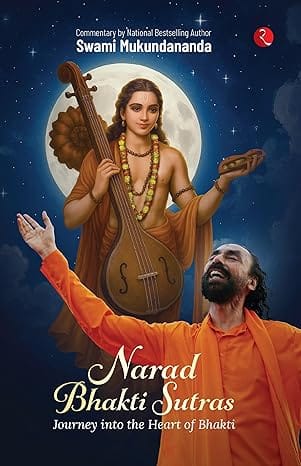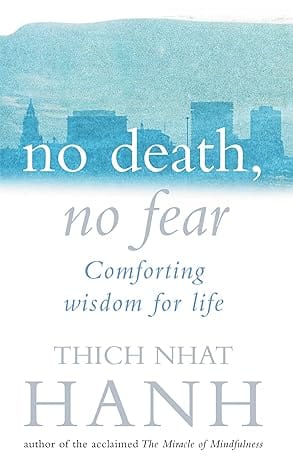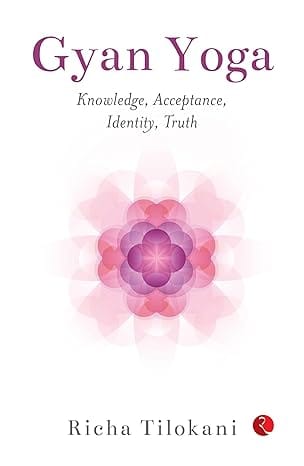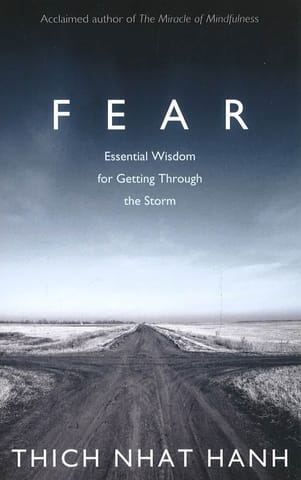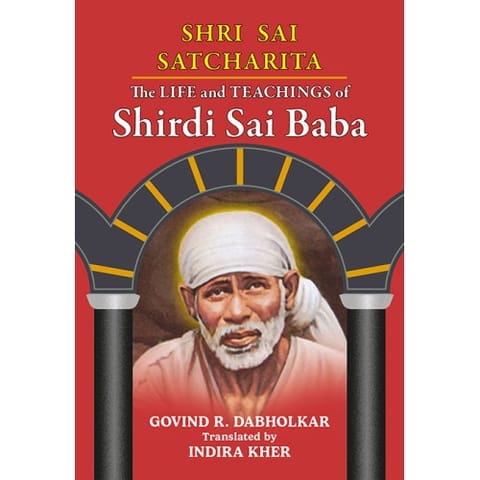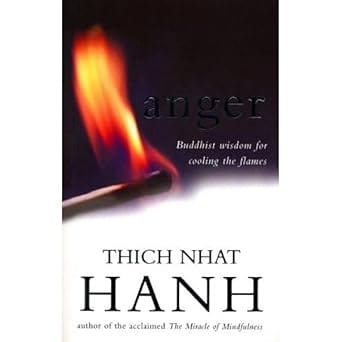- Non-ficton
- Non-ficton
- Contemporary Fiction
- Contemporary Fiction
- Children
- Children
- Comics & Graphic Novels
- Comics & Graphic Novels
- Non-Fiction
- Non-Fiction
- Fiction
- Fiction
In this paradigm-shifting history, two leading historians of India re-examine the making of the Indian constitution from the perspective of the country's people. In a departure from dominant approaches that foreground the framing of the text within the Constituent Assembly, Ornit Shani and Rohit De instead demonstrate how it was shaped by diverse publics across India and beyond. They reveal multiple, parallel constitution-making processes underway across the subcontinent, highlighting how individuals and groups transformed constitutionalism into a medium of struggle and a tool for transformation. De and Shani argue that the deep sense of ownership the public assumed over the constitution became pivotal to the formation, legitimacy and endurance of India's democracy against arduous challenges and many odds. In highlighting the Indian case as a model for thinking through constitution making in plural societies, this is a vital contribution to constitutional and democratic history.
Review
Assembling India’s Constitution is an extended, carefully researched tribute to the perspicacity of India’s civil society and its intellectual leaders as they considered the drafting of the Constitution in a time of turmoil. -- Donald L. Horowitz, author of The Promise and Perils of Devolution: Federalism, Regional Autonomy, and Ethnic Conflict
Rohit De and Ornit Shani’s Assembling India’s Constitution: A new democratic history is a must-read for those interested in India’s constitutional project. Its core argument is that to understand the genesis of the Indian Constitution it is important to move beyond the debates of the Constituent Assembly and to pay close attention to the how communities and ordinary people across India engaged with the drafting of the constitution. The book presents a rich tapestry of these interactions, describing how many of the 500 princely states adopted constitutional documents establishing forms of representative government; discussing the contributions received by the Constituent Assembly from associations of women, Dalits, upper and lower castes, and religious groups of every faith and denomination; outlining the contributions from provincial legislatures, the judiciary and the civil service, and finally reviewing the important demands made by some tribal communities. It is an engaging read that casts a valuable new light on the making of India’s constitution. -- Kate O’Regan
Assembling India’s Constitution would leave a reader in no doubt that India’s constitution is a product of an iterative, dialogic, even agonistic engagement with, by, and between many Indian publics. Challenging simplistic and uninformed characterisations of the Constitution as elitist and colonial, De and Shani demonstrate - with characteristic rigour and an astonishing body of evidence - that the continuous making and remaking of India’s constitution has been far more autochthonous and substantively democratic than many others which only formally satisfy the democratic checklist of enactment by directly elected assemblies or endorsement in popular referendums. Their attention to the engagement of pluralistic and collectivised ‘publics’ rather than a supposedly monolithic ‘people’ in the constitution-making process demands a serious rethink of the traditional constituent power theory. A must-read for an
- Home
- Religion & Spirituality
- Assembling Indias Constitution A New Democratic History
Assembling Indias Constitution A New Democratic History
SIZE GUIDE
- ISBN: 9780670099658
- Author: Rohit De Ornit Shani
- Publisher: Penguin Allen Lane
- Pages: 400
- Format: Hardback
Book Description
In this paradigm-shifting history, two leading historians of India re-examine the making of the Indian constitution from the perspective of the country's people. In a departure from dominant approaches that foreground the framing of the text within the Constituent Assembly, Ornit Shani and Rohit De instead demonstrate how it was shaped by diverse publics across India and beyond. They reveal multiple, parallel constitution-making processes underway across the subcontinent, highlighting how individuals and groups transformed constitutionalism into a medium of struggle and a tool for transformation. De and Shani argue that the deep sense of ownership the public assumed over the constitution became pivotal to the formation, legitimacy and endurance of India's democracy against arduous challenges and many odds. In highlighting the Indian case as a model for thinking through constitution making in plural societies, this is a vital contribution to constitutional and democratic history.
Review
Assembling India’s Constitution is an extended, carefully researched tribute to the perspicacity of India’s civil society and its intellectual leaders as they considered the drafting of the Constitution in a time of turmoil. -- Donald L. Horowitz, author of The Promise and Perils of Devolution: Federalism, Regional Autonomy, and Ethnic Conflict
Rohit De and Ornit Shani’s Assembling India’s Constitution: A new democratic history is a must-read for those interested in India’s constitutional project. Its core argument is that to understand the genesis of the Indian Constitution it is important to move beyond the debates of the Constituent Assembly and to pay close attention to the how communities and ordinary people across India engaged with the drafting of the constitution. The book presents a rich tapestry of these interactions, describing how many of the 500 princely states adopted constitutional documents establishing forms of representative government; discussing the contributions received by the Constituent Assembly from associations of women, Dalits, upper and lower castes, and religious groups of every faith and denomination; outlining the contributions from provincial legislatures, the judiciary and the civil service, and finally reviewing the important demands made by some tribal communities. It is an engaging read that casts a valuable new light on the making of India’s constitution. -- Kate O’Regan
Assembling India’s Constitution would leave a reader in no doubt that India’s constitution is a product of an iterative, dialogic, even agonistic engagement with, by, and between many Indian publics. Challenging simplistic and uninformed characterisations of the Constitution as elitist and colonial, De and Shani demonstrate - with characteristic rigour and an astonishing body of evidence - that the continuous making and remaking of India’s constitution has been far more autochthonous and substantively democratic than many others which only formally satisfy the democratic checklist of enactment by directly elected assemblies or endorsement in popular referendums. Their attention to the engagement of pluralistic and collectivised ‘publics’ rather than a supposedly monolithic ‘people’ in the constitution-making process demands a serious rethink of the traditional constituent power theory. A must-read for an
User reviews
NEWSLETTER
Subscribe to get Email Updates!
Thanks for subscribing.
Your response has been recorded.

India's Iconic & Independent Book Store offering a vast selection of books across a variety of genres Since 1978.
"We Believe In The Power of Books" Our mission is to make books accessible to everyone, and to cultivate a culture of reading and learning. We strive to provide a wide range of books, from classic literature, sci-fi and fantasy, to graphic novels, biographies and self-help books, so that everyone can find something to read.
Whether you’re looking for your next great read, a gift for someone special, or just browsing, Midland is here to make your book-buying experience easy and enjoyable.
We are shipping pan India and across the world.
For Bulk Order / Corporate Gifting
 +91 9818282497 |
+91 9818282497 |  [email protected]
[email protected]
Click To Know More
INFORMATION
QUICK LINKS
ADDRESS
Shop No.20, Aurobindo Palace Market, Near Church, New Delhi

